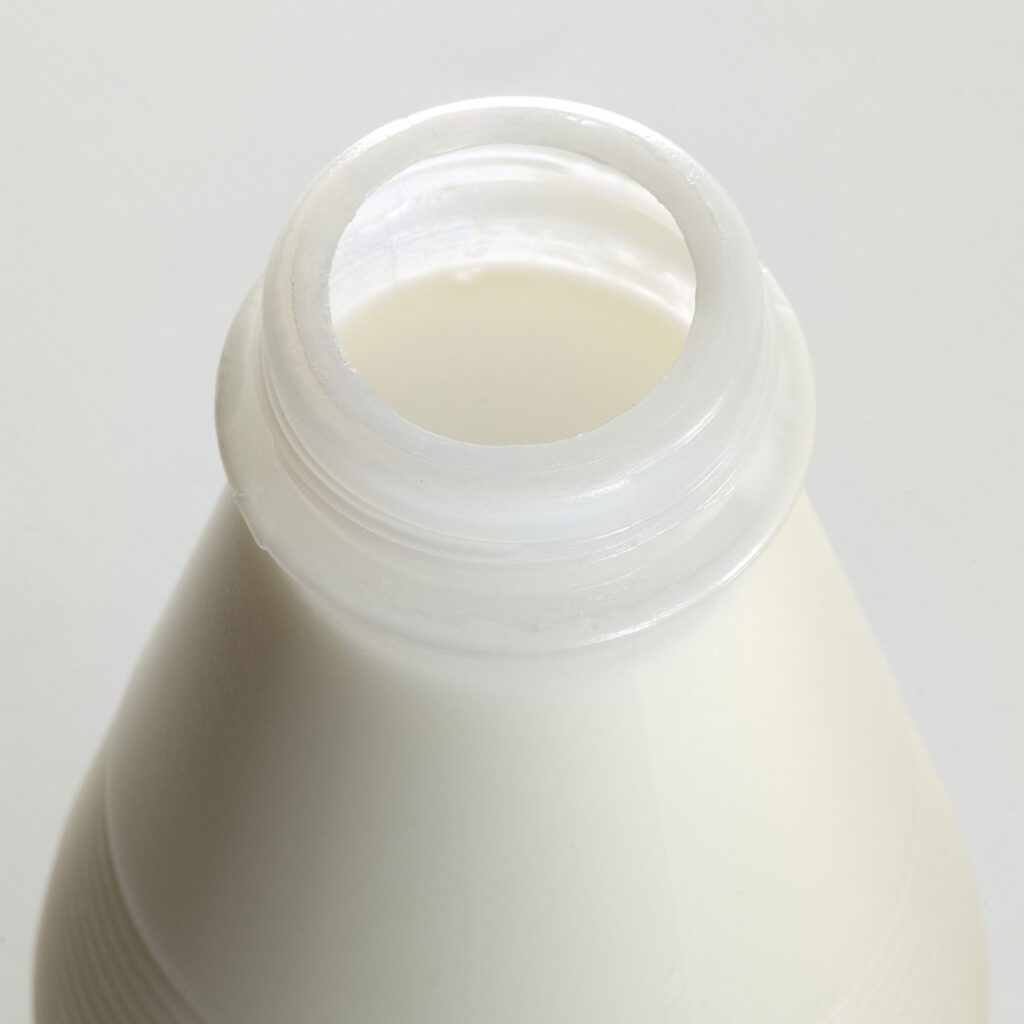Share this page
Turning the tide on plastic pollution - Ambitions from the dairy sector
Without action, it is estimated that by 2050 by weight there will be more plastic in the ocean than there is fish.

Alignment with SDGs
AUTHOR
Henry Clifford Dairy UK • United Kingdom
Abstract
The environmental impact of plastic packaging, has solidified itself in public and political consciousness. The scale of this issue cannot be overstated, with one estimate suggesting that by 2050 by weight, there will be more plastic in the oceans than there are fish.
Plastics provide many benefits unparalleled by other materials and therefore play a vital role in ensuring high quality and safe packaging. However, it is also imperative to ensure the sustainable use and disposal of these products.
As the UK Government and its devolved administrations look to legislation including the introduction of deposit return schemes, producer responsibility reforms and plastic taxes, consumers are increasingly willing to signal their beliefs through purchasing decisions. Clearly now is the time for action, and the UK dairy sector is committed to addressing these challenges and assist in turning the tide of plastic pollution.
Our promise
As part of our ambition, Dairy UK has committed to a suite of wide-reaching targets to incentivise change and drive progress within the industry through the UK Dairy Roadmap. We have also become a signatory of the UK Plastics Pact a world-leading pledge to address the threat of plastic pollution. Through both these initiatives Dairy UK aims to:
- Take action to eliminate problematic or unnecessary single-use packaging items through redesign, innovation or alternative (reuse) delivery models.
- 100% of plastic packaging to be reusable, recyclable and compostable.
- 70% of plastic packaging effectively recycled or composted.
- 30% recycled content across all plastic packaging, with a target 50% recycled content HDPE milk bottles.
Moving the wheel
Key to delivering these ambitions is ensuring consistency across the industry and a policy framework which incentivises change. Through the Dairy UK Sustainability and Environment Committee, the industry continues to work with government and wider stakeholders on reforms to producer responsibility schemes, waste collections and financial incentives.
Although unified in our ambition, companies are taking their approaches to delivering change which supports the unique demands of their business. Innovation and alternative materials provide one option, others aim to promote reusable or recyclable packaging, whilst some seek to eliminate or reduce single-use, unnecessary or otherwise damaging packaging altogether.
Through the Dairy UK Sustainability & Environment Committee, the industry continues to work with government and wider stakeholders on reforms to producer responsibility schemes, waste collections and financial incentives.
Henry Clifford Tweet
History of success
To date, we have seen vast improvements captured in part by the Dairy UK’s annual Environmental Benchmarking Survey. Particular success has been seen in bottled milk categories, where at present HDPE milk bottles are 100% recyclable, collected in 99% of local authority recycled collections, and achieve a recycling rate of up to 80%. Furthermore, data sourced from the membership of Dairy UK indicates that the average recycled content for HDPE milk containers is between 20-25%, however, individual companies have demonstrated levels over 40%.
Other achievements include the gradual transition away from non-recyclable packaging including plastics straws and polystyrene yogurt pots to reusable or more readily collected and recycled alternatives, and recycled content of up to 90% within the PET trays used to packaging cheese products.
New opportunities
While positive steps are being taken every day, a key challenge remains in flexible packaging and films. Dairy UK and its members continue to work closely with government and other industry stakeholders to develop appropriate and innovative solutions to improve the sustainability of these packaging items.
As a sector we are proud of the steps we’ve taken so far to address the issue of plastic, but as we look to the future, further and ambitious action will be needed to meet our goals. Public opinion on plastic has permanently shifted and not taking any action is not an option.
More information






